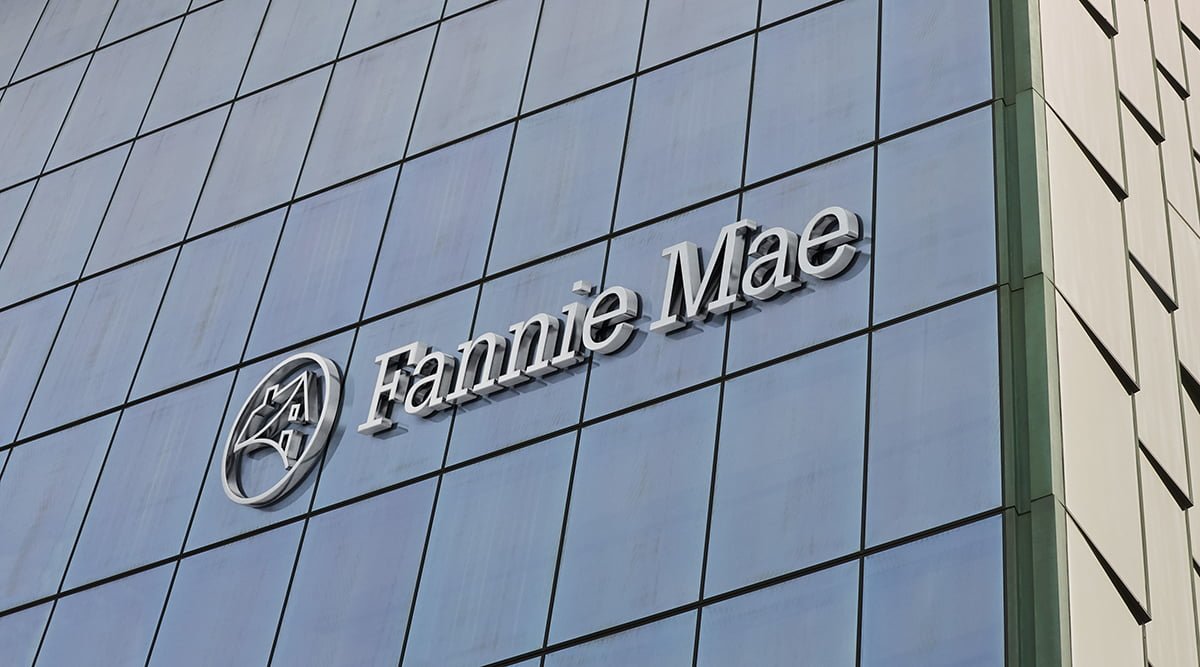The debate over Fannie Mae‘s and Freddie Mac’s common shares continues with analyst Dick Bove of Odeon Capital downgrading them to Sell. Meanwhile, Tim Pagliara of CapWealth Advisors said Fannie Mae and Freddie Mac common shares should do “very, very well” in the long term.
Q2 2020 hedge fund letters, conferences and more
In a note today, Bove reiterated his stance on the common and preferred shares of Fannie Mae and Freddie Mac. He argued that the value of the common shares will be determined by lawmakers, while the value of the preferred shares will be determined by the courts. He downgraded the common shares after listening to hearings before the House Committee on Financial Services.
Bove believes the government-sponsored enterprises won't be released from conservatorship within the next several years, which is why he doesn't think the common shares are worth anything. He pointed out that Fannie Mae, Freddie Mac, and the Federal Housing Finance Agency don't agree with his assessment.
Bove added that the value of the preferred shares is not tied to whether the GSEs are released from their conservatorships. Instead, their value is tied to whether the government abused its authority and took the profits of Fannie Mae and Freddie Mac without compensating the junior preferred shareholders. The question is also whether the government broke the contract between the companies and their shareholders.
On the other hand, he seems to believe that Fannie Mae's and Freddie Mac's common shares are tied to whether or not they are released from their conservatorships, something he doesn't expect to happen. However, Pagliara does expect them to be released from conservatorship, and he expects it to happen much faster than what most people are expecting.
In an interview with ValueWalk, he noted that par value for the preferred shares is $25. He added that they are a safer bet than the common shares in a liquidation scenario because preferred shareholders get paid before common shareholders.
However, Pagliara still sees value in Fannie Mae's and Freddie Mac's common shares because when they exit conservatorship, their valuation will be tied to how these companies do financially and mostly how the market responds to their offerings. He pointed out that they are in great financial shape.
He added that the most important thing for common shareholders is not the lawsuits but the capital requirements. Pagliara explained that if the GSEs have to raise less capital to get out of their conservatorships and into consent decrees, they can raise capital through retained earnings instead of by issuing more shares. Raising capital that way means less dilution for common shareholders.
"The common shareholders are just a little too angry," Pagliara said. "A lot of them are still fighting the battle that the conservatorship was illegal. Common shareholders are going to have value and will do well."
In the long run, he expects Fannie Mae's and Freddie Mac's common shares to "do very, very well." He added that while the common shares are a long-term play, the preferred shares do still have a long runway. He noted that as part of the process of settling the litigations, the preferred shares could be converted to common shares, and then "everybody will be standing shoulder to shoulder."






